- How The Weeknd Made His First Buck: From High School Halls to Home Studios
- Building The Weeknd Empire: Early Hustle and Rising Income
- The Weeknd's Golden Era: When Everything Hit Different
- The Weeknd's Current Money Machine: $300 Million and Still Growing
- The Weeknd's Blueprint for Success: What Abel's Journey Teaches Us
The Weeknd has hustled his way from anonymous mixtape uploads to a $300 million empire, proving that dropping out of high school and betting on yourself can sometimes pay off bigger than anyone imagined.
How The Weeknd Made His First Buck: From High School Halls to Home Studios
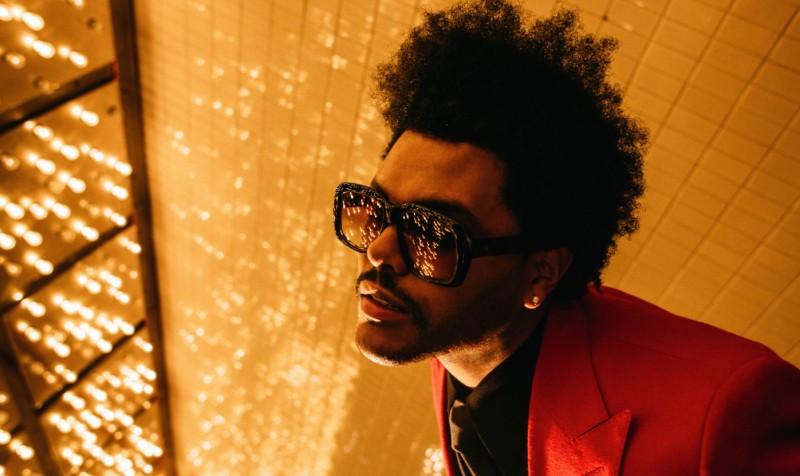
Abel Tesfaye's story doesn't start with some fancy music program or rich parents bankrolling his dreams. Growing up in Scarborough with Ethiopian immigrant parents, money was always tight around the house. His first taste of making cash came during his teenage years doing random gigs around Toronto, but honestly, it wasn't your typical teenage job that got his financial ball rolling.
At 17, Abel made what most people would call a crazy decision – he dropped out of high school. While his family was probably freaking out, he wasn't planning to flip burgers or stock shelves like most dropouts. Instead, he went all-in on music, spending basically every waking hour in makeshift home studios, crashing on friends' couches, and scraping together enough money for instant noodles.
The moment everything changed was late 2010 when Abel anonymously dropped three tracks on YouTube under "The Weeknd." We're talking "What You Need," "Loft Music," and "The Morning" – songs that started getting serious traction out of nowhere. While nobody knows the exact numbers from back then, music industry folks estimate he was pulling in a few thousand monthly by early 2011 from downloads and streams. For a 21-year-old who'd been practically homeless, that felt like hitting the lottery.
Building The Weeknd Empire: Early Hustle and Rising Income
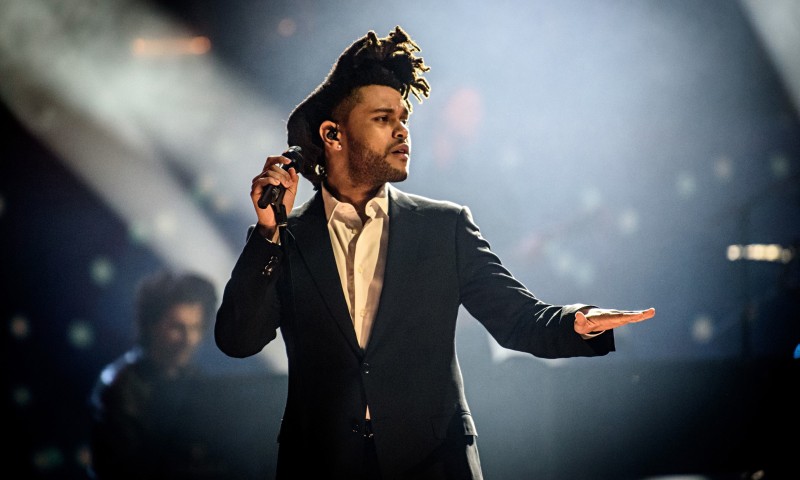
By 2011, The Weeknd's whole mysterious vibe was working like crazy. His debut mixtape "House of Balloons" dropped in March and absolutely exploded in the underground scene. What started as a few thousand streams quickly turned into hundreds of thousands, with each play adding tiny amounts to his bank account. Music biz insiders figure he was making around $10-15K monthly by mid-2011 just from streaming and digital sales.
Then Drake happened. When one of Canada's biggest stars started shouting out The Weeknd publicly, doors that would've taken years to open suddenly swung wide. By late 2011, major labels were circling like sharks, but Abel was smart enough to stay independent while negotiating deals that kept his artistic freedom and maximized his payday.
His follow-up mixtapes "Thursday" and "Echoes of Silence" in 2011 proved he wasn't a one-hit wonder. Together, these three projects were bringing in an estimated $50-75K monthly by early 2012. More importantly, they turned The Weeknd into a live act, with his first major tour dates paying $25-50K per show – serious cash for someone who'd been completely anonymous just two years before.
When he compiled those mixtapes into the "Trilogy" album in 2012, that was his official jump from underground legend to mainstream player. The album hit number four on the Billboard 200, generated around $2-3 million in first-year sales, and created a royalty stream that's still paying him today.
The Weeknd's Golden Era: When Everything Hit Different
The Weeknd absolutely crushed it with 2015's "Beauty Behind the Madness," an album that completely changed his game and bank account. "Can't Feel My Face" became a worldwide phenomenon, camping out at number one and generating massive streaming cash. Industry analysts think this album alone brought in over $50 million through sales, streaming, and touring in its first two years.
But "Blinding Lights" from 2019's "After Hours" was when things got absolutely ridiculous. That track became Spotify's most-streamed song ever, reportedly generating $15-20 million just in streaming royalties. The "After Hours" world tour grossed over $350 million, with Abel walking away with an estimated $75-100 million after expenses.
His 2021 Super Bowl halftime show was another game-changer, not just for his career but his wallet. Sure, the NFL doesn't cut performers a check, but that 13-minute performance reportedly boosted his streaming revenue, merch sales, and tour demand by about $50 million over the following year. Plus, it set him up for brand deals and endorsements worth millions more.
During this peak run (2015-2022), music industry insiders estimate The Weeknd was pulling in between $75-150 million annually through everything – music sales, streaming, touring, and business deals. His ability to keep dropping both commercial bangers and critically respected albums while maintaining creative control has been the secret sauce to sustaining these massive numbers.
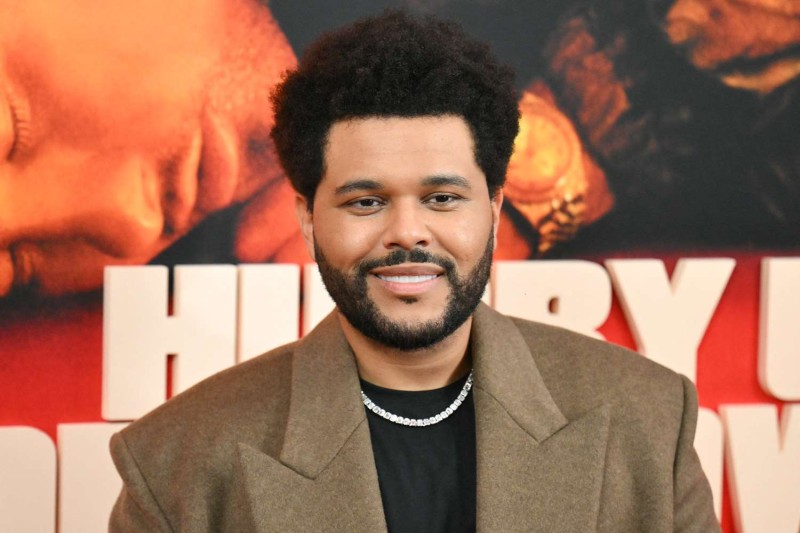
The Weeknd's Current Money Machine: $300 Million and Still Growing
As we roll into 2025, The Weeknd is sitting pretty with an estimated $300 million net worth, putting him in the top tier of music's biggest earners. His money-making operation has evolved way beyond just dropping tracks, showing the business smarts that separate superstars from one-hit wonders.
Streaming is still a massive cash cow, with his catalog pulling in an estimated $40-60 million yearly across all platforms. His biggest hits still rack up millions of streams monthly, creating reliable passive income that basically pays him to sleep. Industry sources say his streaming royalties alone could fund a billionaire lifestyle without him ever working again.
Touring is still his biggest single payday when he's on the road. His recent "After Hours Til Dawn" stadium tour grossed over $450 million worldwide, with The Weeknd's cut estimated at $100-150 million after all the bills were paid. Even when he's not touring, festival gigs and special events can net him $2-5 million per show.
Real estate has become a huge part of his wealth strategy. His main crib in Hidden Hills, California, cost him $70 million in 2021 and has already jumped in value significantly. He's also got places in Toronto and New York, with his total property portfolio worth over $100 million.
Business ventures and partnerships are adding another $10-20 million yearly to his income. His Puma deal, various brand endorsements, and investments in tech startups have spread his wealth beyond music. He's also getting into film and TV production, with projects like "The Idol" bringing in both creative fulfillment and additional cash flows.
The Weeknd's Blueprint for Success: What Abel's Journey Teaches Us
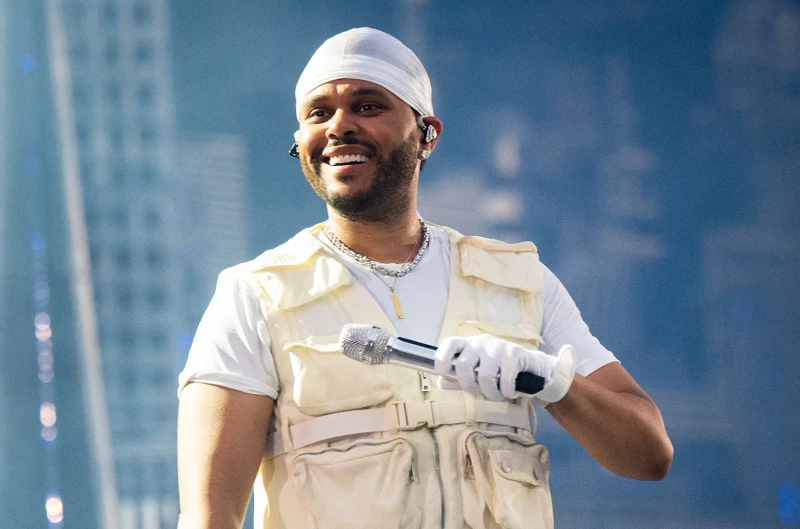
Through the few interviews he gives and rare public statements, The Weeknd has dropped some serious knowledge about the mindset and strategies that took him from high school dropout to $300 million superstar.
Being authentic over chasing trends has been his North Star: "I never tried to make radio-friendly music," he's explained. "I just made what felt real to me, and somehow millions of people connected with it." This approach let him build a genuine fanbase instead of chasing whatever was hot at the moment, which usually leads to short-term success but long-term irrelevance.
Keeping creative control has been non-negotiable throughout his career. Even when major labels were throwing crazy money at him early on, The Weeknd negotiated deals that kept his artistic independence. "Owning your work is everything," he's said. "You can make quick cash selling out, or you can build something that pays forever." That strategy is still paying dividends from music he made over a decade ago.
Strategic patience has been key to his lasting success. Instead of flooding the market with content, The Weeknd spaces his releases perfectly, building hype and making sure each project gets maximum attention. "Quality beats quantity every time," he's noted. "One incredible song can change everything. A hundred average ones won't move the needle."
The power of mystery in building a brand can't be overlooked in his success story. By staying anonymous initially and carefully managing his public image, The Weeknd created intrigue that no traditional marketing campaign could match. "Let the music do the talking first," has been his consistent philosophy. "Everything else is just background noise."
Taking calculated risks has been essential to his breakthrough moments. From dropping out of school to turning down record deals that didn't meet his standards, The Weeknd has consistently bet on himself when everyone else suggested playing it safe. "Playing it safe is actually the biggest risk," he's observed. "If you're scared to fail, you'll never really win big."
Building the right team has been crucial to sustaining his success. From his early production partners to his current business managers, The Weeknd has surrounded himself with people who get both his artistic vision and business goals. "You can't do this alone," he's admitted. "You need people who believe in what you're building as much as you do."
While The Weeknd's journey from anonymous mixtape creator to $300 million empire isn't something most people can copy exactly, his story offers some solid lessons about staying true to yourself, thinking strategically, and having the balls to bet on your talents. His continued success in 2025 proves these weren't just lucky breaks, but a blueprint for building lasting wealth and artistic impact.
 Usman Salis
Usman Salis
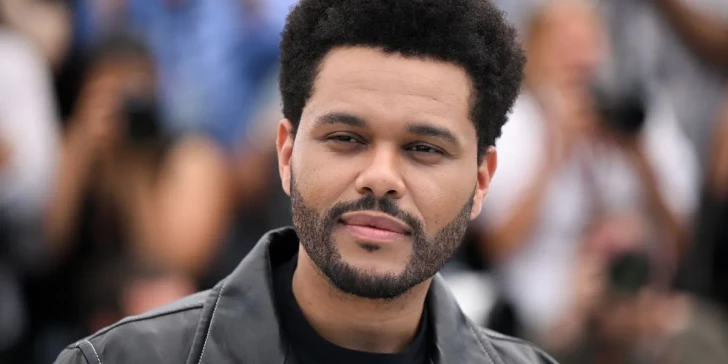
 Usman Salis
Usman Salis


